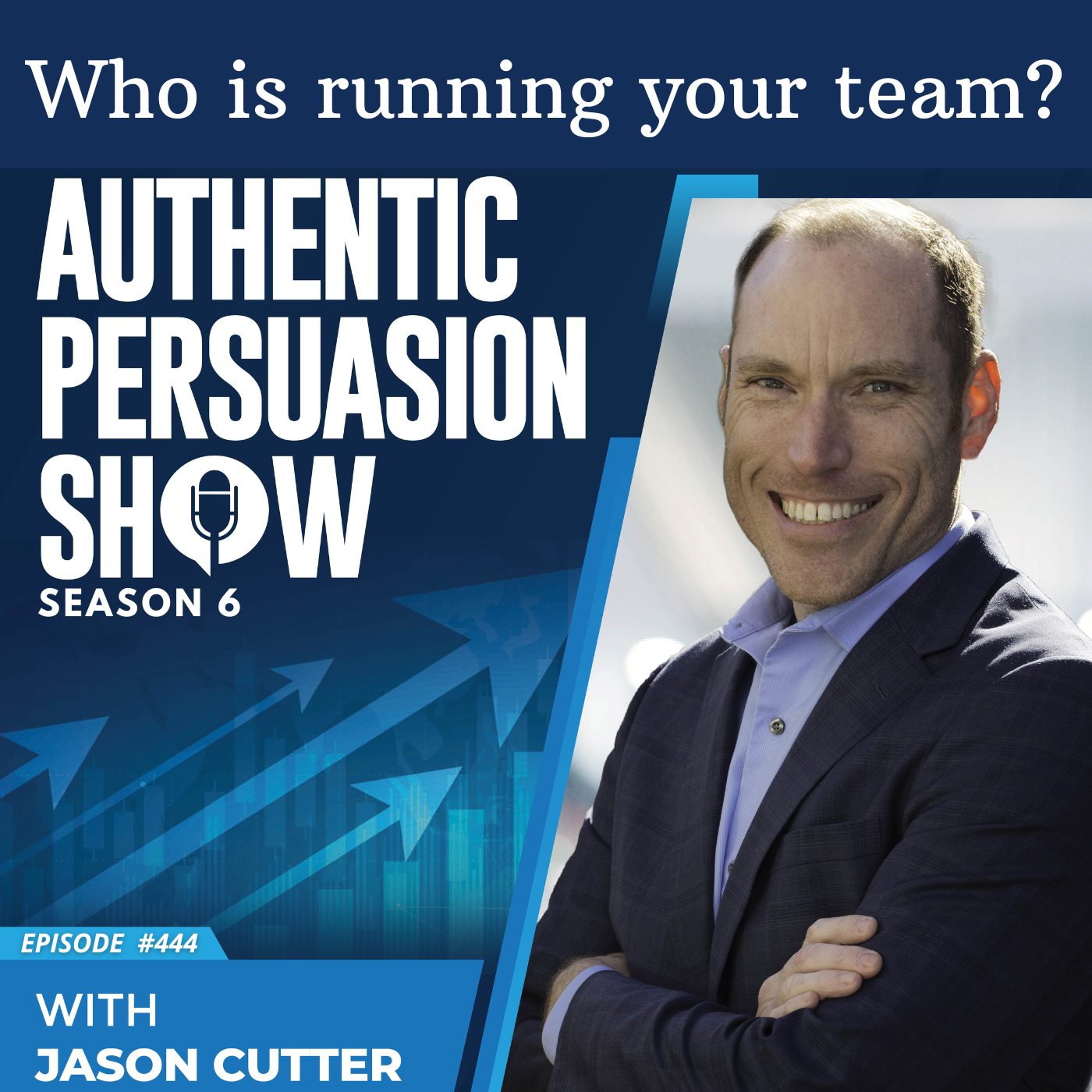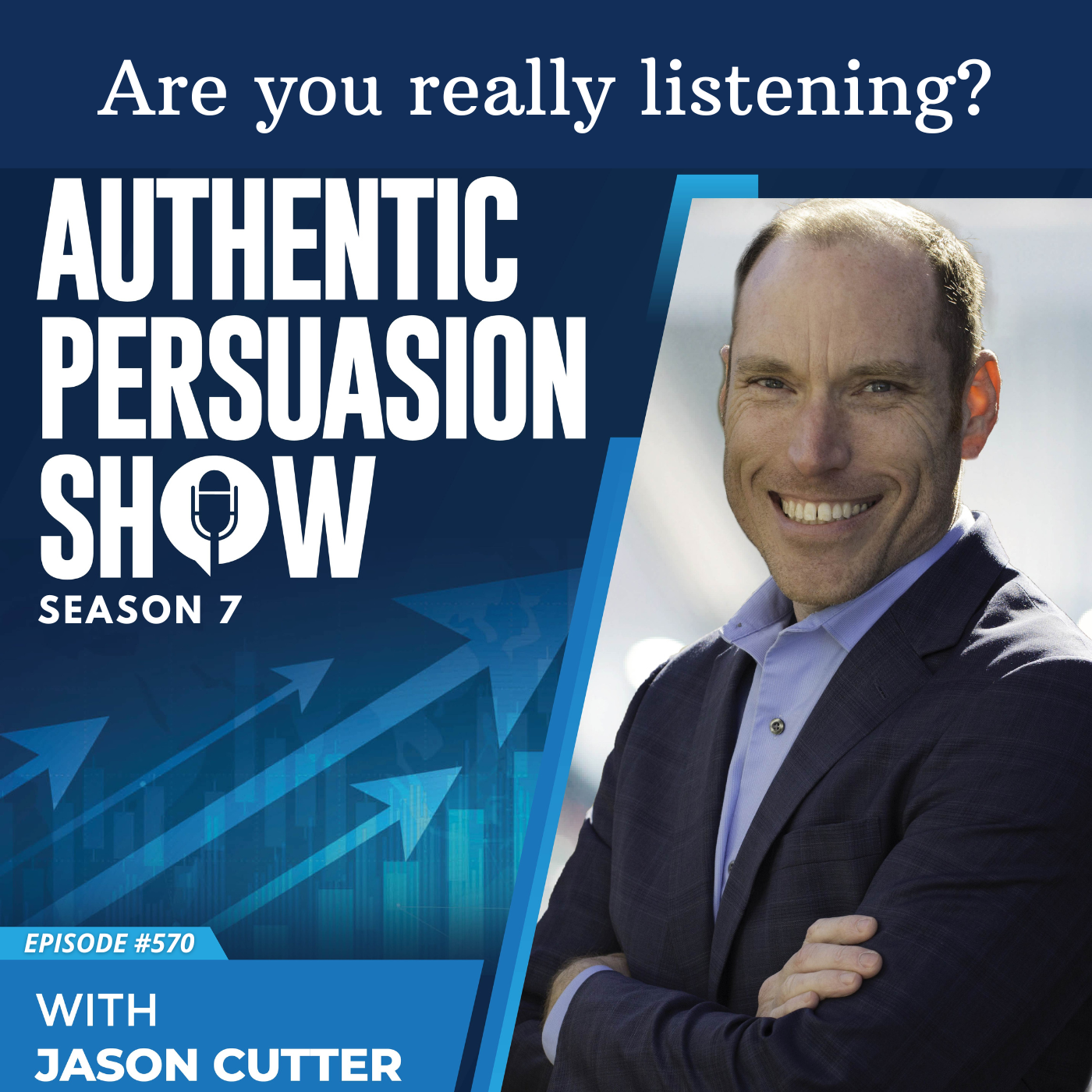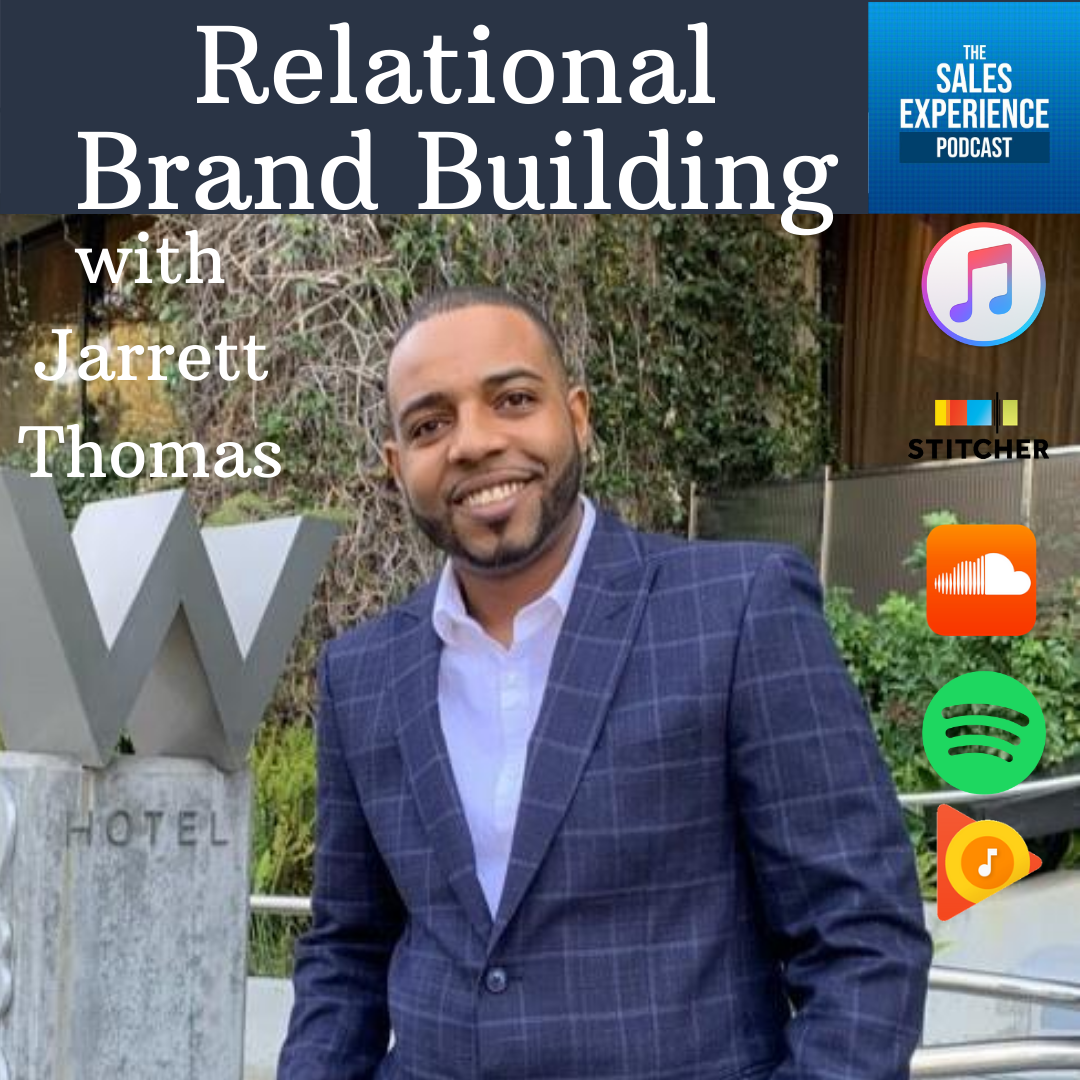Show Notes
Want to create a better sales script?
Need to make one from scratch and do not know where to start?
Wish you knew how to integrate the Fundamentals into your script for optimal results?
In this episode I take a high-level approach to building an effective sales script.
There are a lot more specific details that go into a script based on your particular product/service and sales cycle and approach.
But this episode will get you on your way!
Episode 29 – Transcript
In this episode I share my experiences with how to build a sales script
Welcome to episode 29 of The Sales Experience Podcast. This is the fourth installment of Script Week. Over the years I feel like I have only met a few people that actually liked talking about scripts. I would never have thought I would do a whole week on a podcast about sales scripts. But here I am…and here you are, sitting on the edge of your seat with excitement.
Of course I am sure very few of you listening are that excited, however this episode will be valuable to the professional sales people and managers out there who want to craft better sales scripts.
This episode is all about how to structure your sales script for success. The first step, like most things in life, is you reverse engineer your sales process. Always start with the end in mind – where do you want your prospect to end up as a result of the sales call or interaction. Of course you want them to be a paying client or customer. But what is it that they are buying and how do you want that process to go?
From there, working backwards, it is all about listing out all the information that you need from them in order to have a completed sale. It could be basic information, personal and sensitive information, and payment information. Maybe you need to pull their credit, or do some kind of background check. Maybe it involves a financing approval process, or as simple as charging a credit or debit card. Whatever you need to gather needs to be integrated into your script.
The next part to plan out is what you need to present to the prospect in the form of a quote. Do you give your prospect’s options? Or one quote or figure that is best for them? And how do you determine that quote based on?
Third part is the discovery questions. There are questions that you want to ask every single time. Of course, there will be other questions that you might want to ask but those will probably be case by case and in the moment. The ones you want in your script are the critical ones for pre-qualifying your prospect to determine if you should even continue with them, and then questions to determine how you can help them.
Now on to the fun part of building your script. You want to take the five fundamentals that I went through during Fundamentals week – Rapport, Empathy, Trust, Hope, and Urgency – and you want to put those all into your script and process. The key is that order. I am not going to go into detail, partially because ever product and service is sold differently and it also varies whether it is in person or over the phone. If you need help, I always enjoy working with clients who want help crafting or tweaking their sales scripts.
Okay, so you have your five fundamentals outlined, your questions in place during the discovery portion, the application type information you need listed out, with the end result being a closed sale. The next step is to go through and build in the transitions between each section. I see a lot of sales people fail at this part in general – the transitions between sections, moving the sale forward. I will give you my key advice – always assume. I know, I know….as the saying goes, when you make an assumption you are making an Ass out of you and Umption.
But in sales, if you have a qualified prospect then you should always take the assumption route with them and assume they want to move forward unless they say otherwise. This of course only works if you have a solution that helps their situation or offers them a way to get to their goal. If they come to you wanting X, and you can sell them X, then move forward in an assumptive way.
Your script transitions should do the same thing. You never want to ask ‘Is it okay if we move forward?’ Or ‘Is it okay if we talk about your budget next?’ If you have determined they are a good prospect that you can serve, then just move forward. Be careful where you ask for permission in your scripting.
The second to last part to keep in mind is your monologue – your elevator pitch – your explanation about what you do, and where you are going to put that in your sales script. Notice I didn’t say to put that in the very beginning? Yes, you need an introduction – maybe the short elevator pitch of what you do as you instantly get into the next step. But in my experience, the detailed explanation shouldn’t be upfront. The reason goes back to what I have said in previous episodes – no one cares how much you know until they know how much you care.
If that is the case, then your monologue should come after the Rapport and Empathy steps. Maybe even after Trust. I know for me, when I have been on the phone, many times I had the monologue towards the end because tell the prospect what we did wasn’t as important as just helping them.
Alright, the final part of your script building process is to find a place for any informational statements or disclosures that you need to tell that client-to-be. These could go after the quote phase, so they understand what is involved. You could sprinkle them throughout the conversation. Or you could put them at the end before the transaction is completed. Like I said, every sales scenario is different so it’s tough to tell you exactly where to put these statements.
And there you have it …with these steps you could craft a pretty good script out of the gate. Of course there is a lot of filling in that you will need to do. And then you will want to practice with it, then use it with prospects, and make tweaks until it is smooth and effective. And remember, its not just about the script being effective for you, the sales professional. Its about the script being effective when used by a new sales rep.
Well that’s it for another episode of The Sales Experience Podcast. Make sure to subscribe, rate, comment, and share. My mission is to make a positive shift in the landscape of selling professionals, both for the sales people in the business and for the prospects.
Your support in sharing the episodes you find the most valuable will help me achieve that mission. And until next time, always remember that everything in life is sales and people will remember the experience you gave them.
![[E29] Script Week: How To Build A Sales Script](https://episodes.castos.com/salesexperiencepodcast/images/TSEP-Cover-Script-Week.png)


